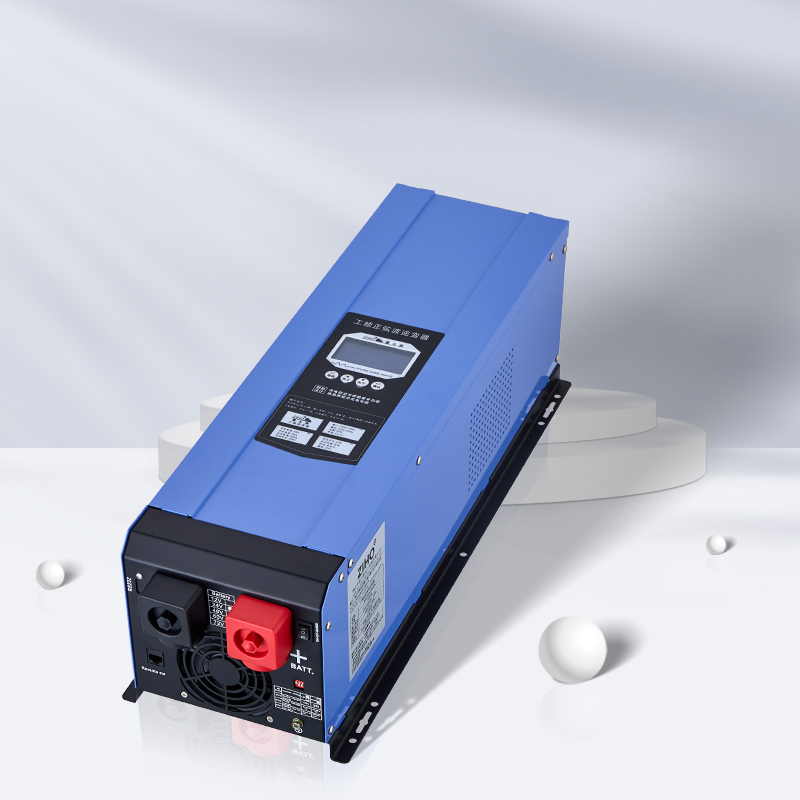Why Are Off-Grid Inverters Becoming Essential for Sustainable Energy Solutions?
2025-02-21
Off-grid inverters are rapidly gaining popularity as key components of sustainable energy systems, especially in areas where access to traditional power grids is limited or unreliable. But why are off-grid inverters becoming essential in today's energy landscape? What makes these devices so important for individuals and businesses aiming to reduce their carbon footprint and achieve energy independence?
At the heart of an off-grid power system lies the off-grid inverter. Unlike traditional grid-tied inverters that connect solar panels to the utility grid, off-grid inverters are designed to work independently. They convert the DC (direct current) power generated by solar panels, wind turbines, or other renewable energy sources into AC (alternating current) power that can be used by household appliances, lights, and other electronic devices. This makes them a critical component in systems where users are completely disconnected from the electrical grid.
One of the main reasons off-grid inverters are gaining traction is their role in enabling energy independence. For people living in remote areas or in regions with unreliable grid infrastructure, off-grid systems provide a reliable and consistent energy source. These inverters allow users to generate and store their own energy, ensuring that they have power even during outages or in areas where the grid doesn't reach. This self-sufficiency is particularly appealing for those seeking to reduce their reliance on traditional power sources and protect themselves from the rising costs of energy.
Another compelling reason for the growing use of off-grid inverters is their contribution to sustainability. With the increasing global focus on reducing carbon emissions and combating climate change, renewable energy solutions have become a key part of the equation. Off-grid inverters play a vital role in facilitating the transition from fossil fuel-based power to clean, renewable energy sources such as solar and wind. By relying on solar panels or wind turbines to generate electricity, off-grid systems significantly lower the environmental impact associated with traditional energy generation.
Moreover, advancements in off-grid inverter technology have led to improvements in both efficiency and affordability. Modern off-grid inverters are more energy-efficient, allowing users to maximize the energy harvested from their renewable sources. They also come with advanced features such as built-in battery management systems, which help optimize energy storage and ensure that excess power is stored for use during periods of low sunlight or wind. Additionally, as demand for renewable energy systems grows, the cost of off-grid inverters has been steadily decreasing, making them more accessible to a wider audience.
Off-grid inverters also contribute to the resilience of power systems. In the event of a natural disaster or a grid failure, off-grid systems can continue to function, providing electricity to homes and critical infrastructure. This aspect of reliability is becoming increasingly important, especially in the face of climate-related disruptions and the vulnerability of traditional power grids to extreme weather events.
So, why are off-grid inverters becoming so essential for sustainable energy solutions? They offer energy independence, support environmental sustainability, provide resilience during power outages, and continue to improve in terms of efficiency and affordability. As more people and businesses turn to renewable energy to reduce their carbon footprint and ensure a stable energy supply, off-grid inverters will undoubtedly play an increasingly vital role in shaping the future of energy.



